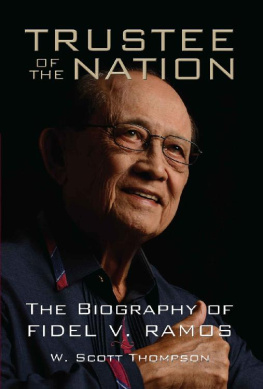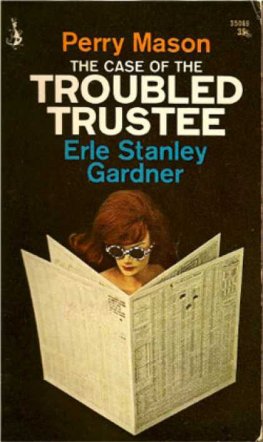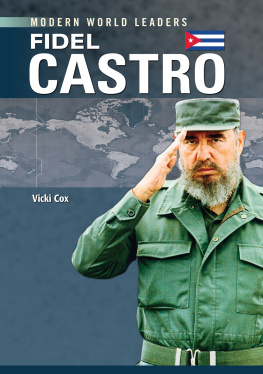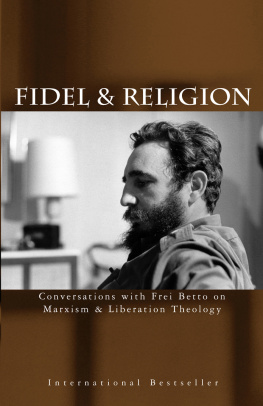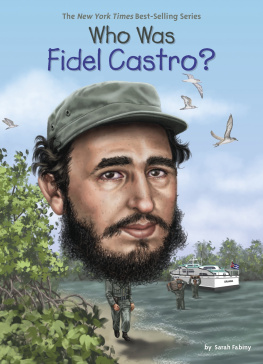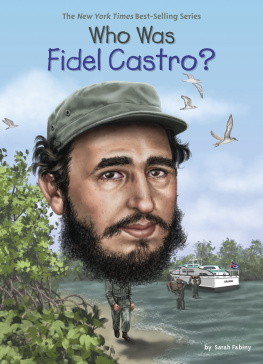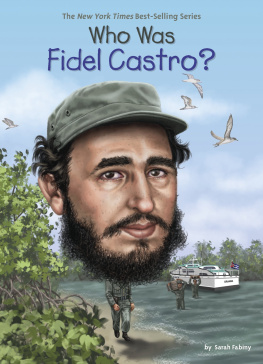Trustee
of the
Nation
The biography of
Fidel V. Ramos
W. Scott Thompson, D.Phil, Oxon.
Copyright to this digital edition 2011 by Willard Scott Thompson and Anvil Publishing, Inc.
All rights reserved.
No part of this book may be reproduced in any form
or by any means without the written permission from
the copyright owners and the publisher.
Published and exclusively distributed by
Anvil Publishing, Inc.
7th Floor, Quad Alpha Centrum Building
125 Pioneer Street, Mandaluyong City 1550 Philippines
Telephones: (+632) 477-4752, 477-4755 to 57
Fax: (+632) 747-1622
www.anvilpublishing.com
Book design: Ariel Dalisay (cover); Felix Pio (interior);
Carlos Legaspi (cover photo)
ISBN 978-971-27-2942-3 (e-book)
Version 1.0.1
for five Thompson apo
To whom I happily pass on the torch
Anina, Ellis, Emmett, Paul and Zachary
gramps with love
November 2012
There was nothing particularly unusual on that late February day in Manila: the weather was pleasant as seasonal Siberian breezes floated down over the archipelago. Lieutenant General Fidel V. Ramos, Armed Forces Vice Chief of Staff, was at his house in Ayala Alabang, an upper-end suburb south of Manila, pondering just how much time he had before the critical decision of his life had to be taken.
Ramos knew from his closest professional confidant, Jos Almonte, still but not much longer a colonel (he could have asked to be a Field Marshal for what he subsequently did), that the latters RAM boys, or Reform the Armed Forces group, were plotting a coup. But that was old news to Ramos, the Intelligence man. The question was when, or would it be too late, and how successful could they expect to be in cutting the head of the cobra offwithout damaging the rest of the body politic. Ramoss second cousin, Ferdinand Marcos, had all but destroyed the Republic. And this was a double source of agony for the General: the younger Eddie had idolized his older, more flamboyant cousin who become President of the Philippines in 1965. More than two decades earlier, they had even spent months together hiding from the Japanese towards the end of World War II, in the barrio of San Narciso in the town of Natividad, about fifteen kilometers from the present Ramos family home in Asingan, Pangasinan. An Ilocano does not betray his family; but then, cousin Ferdinand had betrayed their country. The economic growth rate had been in negative territory for three years and capital was flying out, not all of it stolen goods of the dictator and his cronies but even including virtuous international and local Chinese capital.
In fact Almonte had already briefed Cory Aquino, widow of the slain Senator Ninoy, convincing her that she alone had the moral authority to lead a government at this point.
A junta, a movement for national unity, was planned by RAM, to include Cory, Cardinal Sin, venerables like Jimmy Ongpin (later Minister of Finance), Rafael Salas (Marcoss first Executive Secretary and an Almonte mentor), and Alex Melchor (also a reformer as Executive Secretary after Salas), plus Defense Secretary Johnny Enrileand General Ramos. There was substantial precedent throughout Africa, the Middle East, and Asia for groups like that to put a legitimizing face on brute power that removed old forcesand who actually assumed power in due course.
The planrefreshed by a de rigueur reread of Edward Luttwaks Coup dtatwas undermanned but RAM was going ahead. Almonte tells of his meeting with Ramos.
Cool, discreet, deliberate, General Ramos was the thinking soldiers soldierThroughout the years of martial law; he had stood for professionalism and dedication to duty. No desk-bound commander, he was often in the field, living with the soldiers where they were. He knew all the field commanders intimately. Only he could call them down on our side.
We talked for several hoursat first he didnt say a great deal, though I felt he himself had gone through the same examination of conscience. I didnt need to tell him the tactical details. How we were to actwhere we were to strikewere clear to him. I told him we were counting on him to lead us. As soon as the action began, Sonny Razon would come for him
There was no one who didnt take the idealistic but tough Sonny seriously, including General Ramos. Almontes final point was as much a warning to, as a welcoming of, his senior to assume the leadership at the ship of states helm of last resort, to assert command of the Armed Forces of the Philippines. Sonny, a PMA graduate of 1974, was Ramoss Aide-de-Camp.
On the afternoon of February 22 a group of neighbors headed by close friends were demonstrating outside Ramoss house and he was arguing with them that things werent so simple. He had almost 110,000 soldiers under him and their lives had to be considered, he pointed out, though the argument was running thin. He already knew he hadnt much time.
Then the phone rang again. Marcos had figured too much out, the notorious General Ver, by now merely his henchman, was on the tear, and Defense Secretary Johnny Ponce Enrile faced imminent arrest. Ramos could expect little mercyor little intervalfrom Ver, with whom there was a mutual loathing. Would Eddie support him, Enrile asked over the phone. Immediately FVR responded in the affirmative.
The jig was up. It wasnt as if this was news. Ramos had faced this moment in his dreams, his walks, his conferences, and when his sister Letty, a former Ambassadorand, until his very recent death, his father Narciso (former Foreign Secretary under Marcos)called to press him forward. But he had a different decision from Enriles. Enrile, who had only a circle of RAM (Reform the Armed Forces Movement) security to defend him, was going into rebellion because he had no choice. Ramos had been loyal throughout the declining years of Martial Law and de facto martial law. Why rebel now? What was different?
If Ramos went along with Enrile, it had to be a far different thing; it had to be a positive step, not a reactive one. He had to bring the Republic with him, but he could only do that if he first secured a critical mass of the Armed Forces and National Police. It had to be a move of principle. All his life he had trained himself to obey; he was a segurista, who over-insured against all contingencies, and now the contingency that couldnt be prepared for was all but upon him.
Anyway, it wouldnt have been enough for Fidel V. Ramos just to follow the ambitious Enrile into the ring; he had to call in every chit, every debt, move every mountain throughout the Armed Forces and police, or there wasnt a chance of success, at least not of the sort on which a future worthy Republic must rest. Enrile alone had no chance, but Ramos didnt need Enrile.
For there was another fundamental difference. Enrile commanded no troops, save his small office army, mostly RAM colonels and mostly paid for from his own pocket. He could not resist arrest. Ramos not only had all the police but as the Armed Forces Vice Chief of Staff had military pals and allies scattered all over the archipelagoa valuable confidant in the Bicol region, a most trusted friend in a position to bring all of Mindanao into rebellion, and lower ranking admirers throughout the nation. He had three hours to consider all this.




